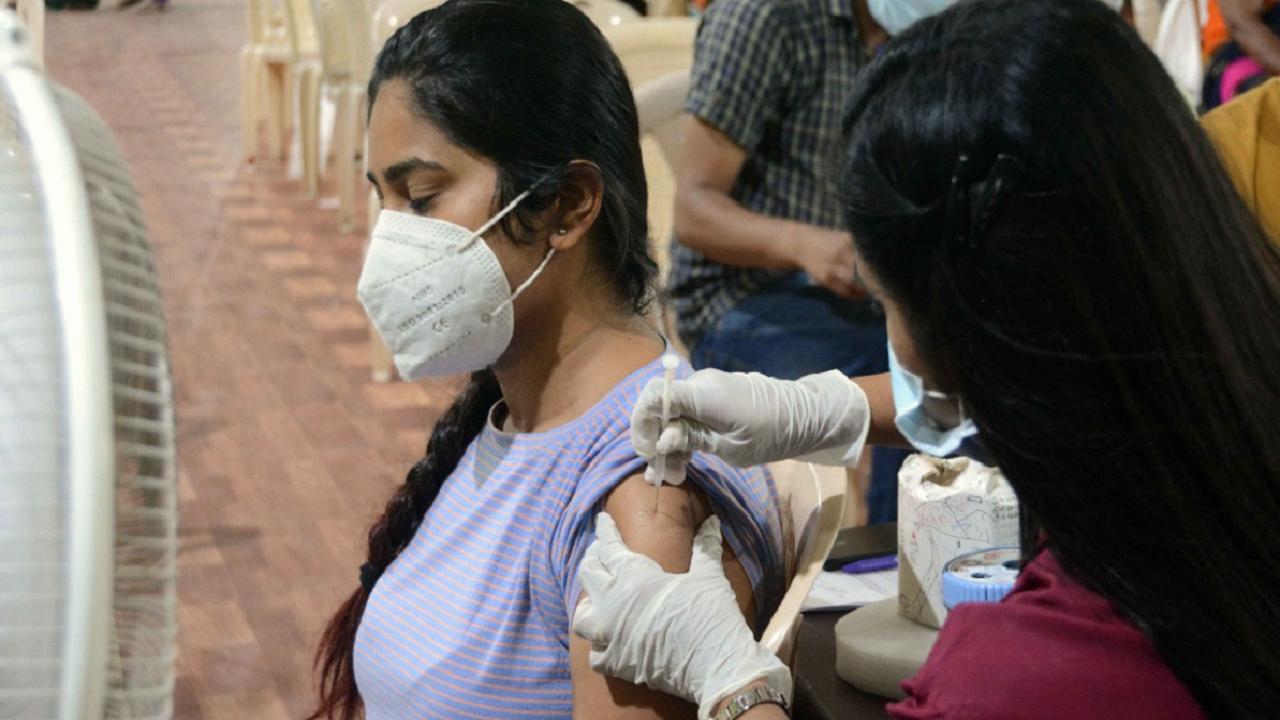Home / News / World News / Article /
Fully vaccinated people thrice at lower risk of Covid-19: Study
Updated On: 04 August, 2021 12:00 AM IST | London | IANS
The study led by researchers at the Imperial College London is based on swab tests taken by nearly 98,233 people themselves at home and their samples were analysed by PCR testing between June 24 and July 12

Representational Image | File Pic
Double vaccinated people were three times less likely than unvaccinated people to test positive for the Covid-19 infection, a new research has found.
The study led by researchers at the Imperial College London is based on swab tests taken by nearly 98,233 people themselves at home and their samples were analysed by PCR testing between June 24 and July 12. Of these, 527 tested positive and 254 of these were successfully analysed in the lab to determine their origins, 100 per cent of which were Delta variants.



